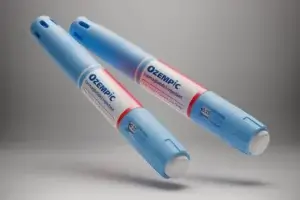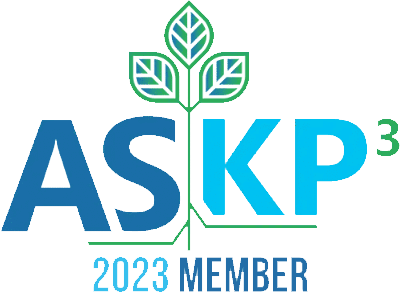Singh JB, Fedgchin M, Daly EJ, De Boer P, Cooper K, Lim P, Pinter C, Murrough JW, Sanacora G, Shelton RC, Kurian B, Winokur A, Fava M, Manji H, Drevets WC, Van Nueten L. A Double-Blind, Randomized, Placebo-Controlled, Dose-Frequency Study of Intravenous Ketamine in Patients With Treatment-Resistant Depression. Am J Psychiatry. 2016 Aug 1;173(8):816-26. doi: 10.1176/appi.ajp.2016.16010037. Epub 2016 Apr 8. PMID: 27056608.
Highlights:
- This study evaluated the efficacy of twice- and thrice-weekly intravenous administration of ketamine in sustaining initial antidepressant effects in patients with treatment-resistant depression.
- In a multicenter, double-blind study, adults (ages 18–64 years) with treatment-resistant depression were randomized to receive either intravenous ketamine (0.5 mg/kg of body weight) or intravenous placebo, administered over 40 minutes, either two or three times weekly, for up to 4 weeks.
- The primary outcome measure was change from baseline to day 15 in total score on the Montgomery-Åsberg Depression Rating Scale (MADRS).
Results:
In total, 67 (45 women) of 68 randomized patients received treatment. In the twice-weekly dosing groups, the mean change in MADRS score at day 15 was -18.4 (SD=12.0) for ketamine and -5.7 (SD=10.2) for placebo; in the thrice-weekly groups, it was -17.7 (SD=7.3) for ketamine and -3.1 (SD=5.7) for placebo. Similar observations were noted for ketamine during the open-label phase (twice-weekly, -12.2 [SD=12.8] on day 4; thrice-weekly, -14.0 [SD=12.5] on day 5). Both regimens were generally well tolerated.
Conclusion:
Twice-weekly and thrice-weekly administration of ketamine at 0.5 mg/kg similarly maintained antidepressant efficacy over 15 days.













